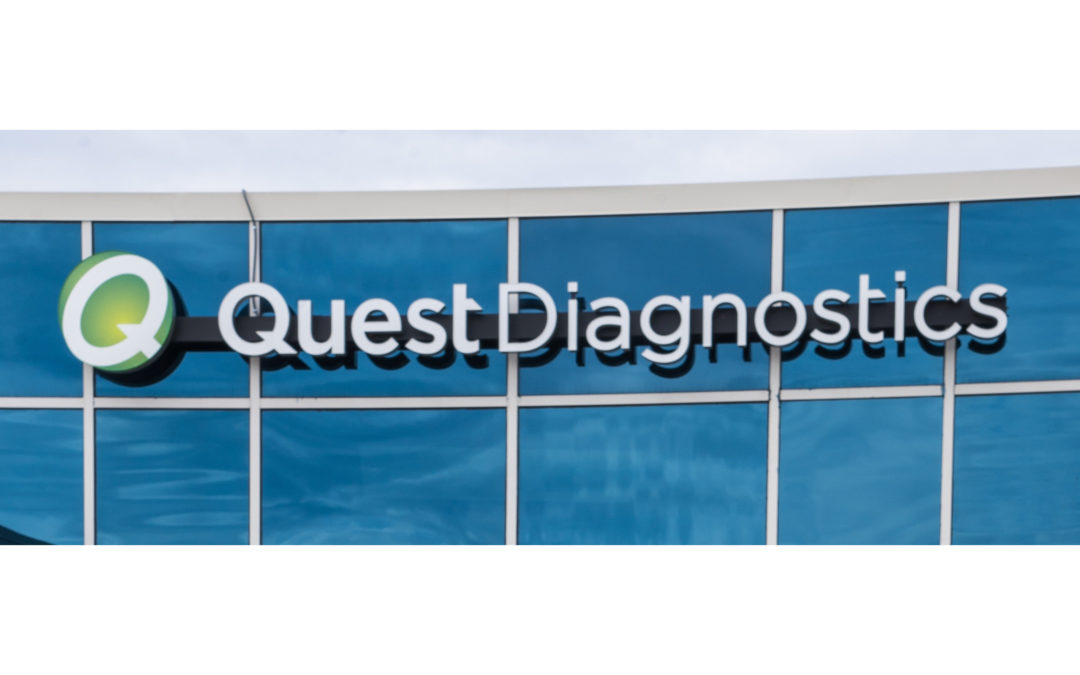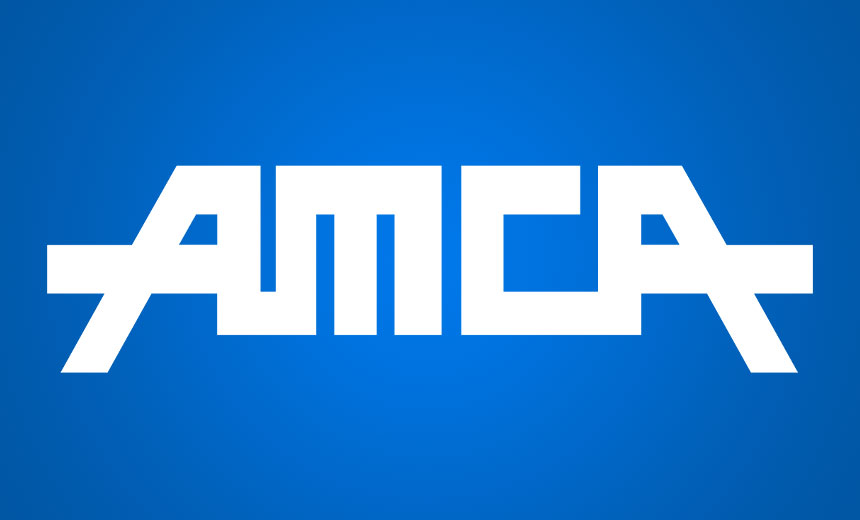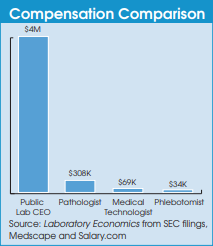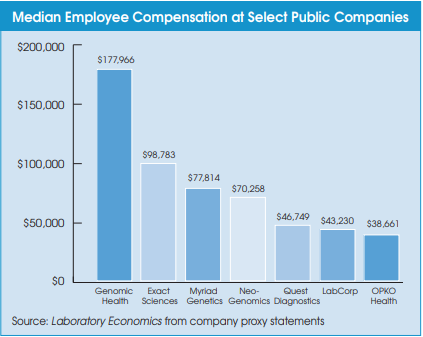
Quest Diagnostics Buys Assets From Bankrupt True Health
Quest Diagnostics Buys Assets From Bankrupt True Health
True Health and its parent company THG Holdings have finalized a bankruptcy court-approved sale of their assets to Cleveland HeartLab, a subsidiary of Quest Diagnostics, for $8.5 million.
The deal did not include True Health’s 100,000-square-foot lab in Richmond or its hundreds of employees. True Health acquired the Richmond lab when it purchased the assets of bankrupt Health Diagnostic Laboratory (HDL) for $37 million in late 2015.
HDL went bankrupt in 2015 after agreeing to pay $47 million to settle allegations that it defrauded Medicare and Medicaid by paying kickbacks to doctors in exchange for ordering its lipid test panels.
True Health filed for bankruptcy in July (see LE, August 2019) after CMS suspended all Medicare payments to the company based on “credible allegations of fraud.” According to an ongoing investigation by the OIG, True Health had set up labs inside rural hospitals that receive higher rates of
reimbursement from Medicare. From there, OIG investigators claim that True Health engaged in a kickback scheme by enlisting doctors into Management Service Organizations (MSOs) that incentivized them to send patient samples to the rural hospital labs. The OIG investigators say that
these physicians never had privileges with or visited the rural hospitals, and never provided their patients with a choice as to where to send their lab tests.
A Quest spokesman says that Quest chose not to acquire True Health’s facilities, staff, or accounts receivable “nor will we adopt its policies and business practices.” Essentially, Quest has purchased True Health’s client list and some instruments and supplies.
In the seven-month period January 1 through July 31, 2018, True Health recorded revenue of $38.5 million, equal to an annual rate of $66 million, according to its bankruptcy filings. If Quest’s Cleveland HeartLab can retain a fraction of True Health’s clients and revenue, then the $8.5 million purchase price will be a huge bargain, observes Laboratory Economics.
True Health is majority-owned by the private-equity firm The Riverside Company (New York City), while Founder and CEO Chris Grottenthaler has a 6% stake. True Health has $173 million in total liabilities. Its largest secured creditors are Monroe Capital Management (owed $123 million) and Riverside Strategic Capital (owed $34 million). True Health had initially filed for Chapter 11 bankruptcy reorganization in July, and is now likely headed for Chapter 7 liquidation.



